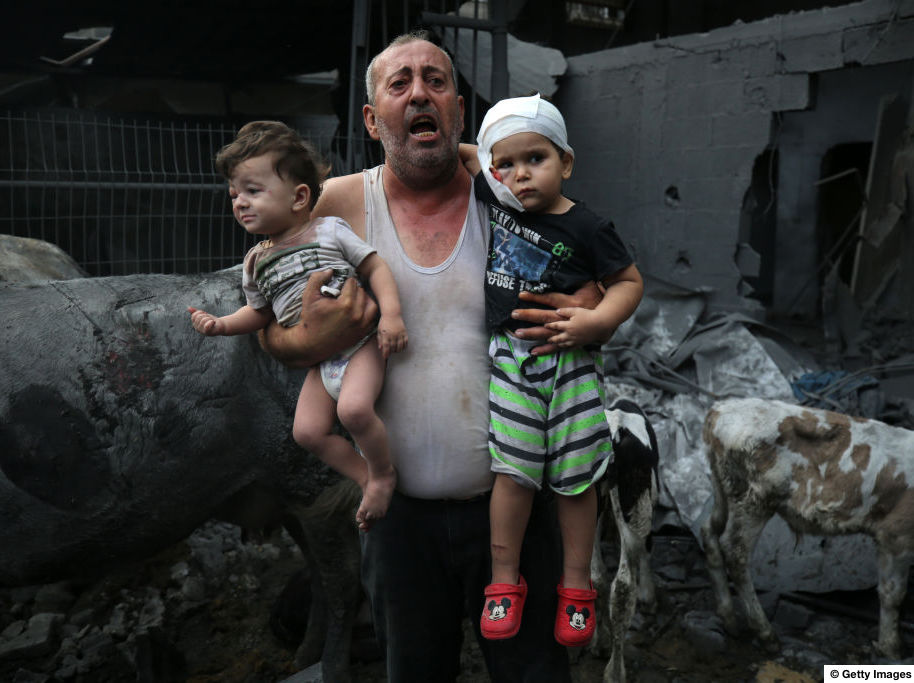Are we all guilty? A humanitarian crisis is happening today in Gaza (and many other places), say human rights workers. World leaders have failed to stop it. Do we all bear some of the blame?
‘A catastrophe unfolding before our eyes’
 Hell on Earth: UN Secretary General António Guterres spoke out over the weekend.
Hell on Earth: UN Secretary General António Guterres spoke out over the weekend. Glossary
Gaza - The smaller of two Palestinian territories, home to two million people. It is located on the Mediterranean coast, bordered by Israel and Egypt.
Israel - A country in the Middle East, and the only Jewish nation in the modern period. It is seen by Jews, Christians and Muslims as the Holy Land.
Geneva conventions - International humanitarian law that seeks to regulate armed conflict and minimise its harm.
United Nations - An international organisation focused on keeping peace. Its refugee agency, the UNHCR, aims to assist refugees around the world.
Hamas - A militant Palestinian organisation, which has controlled the Gaza Strip since 2007. It is listed as a terrorist organisation in the UK.
Palestinian - Palestine is an area of the eastern Mediterranean region, including the West Bank, Gaza Strip and parts of modern Israel. It has been fought over by Arab and Jewish national movements for many years.
Tigray - A region home to the Tigrayan people in northern Ethiopia.
Conservative party - A British political party. Members are known as Tories.
